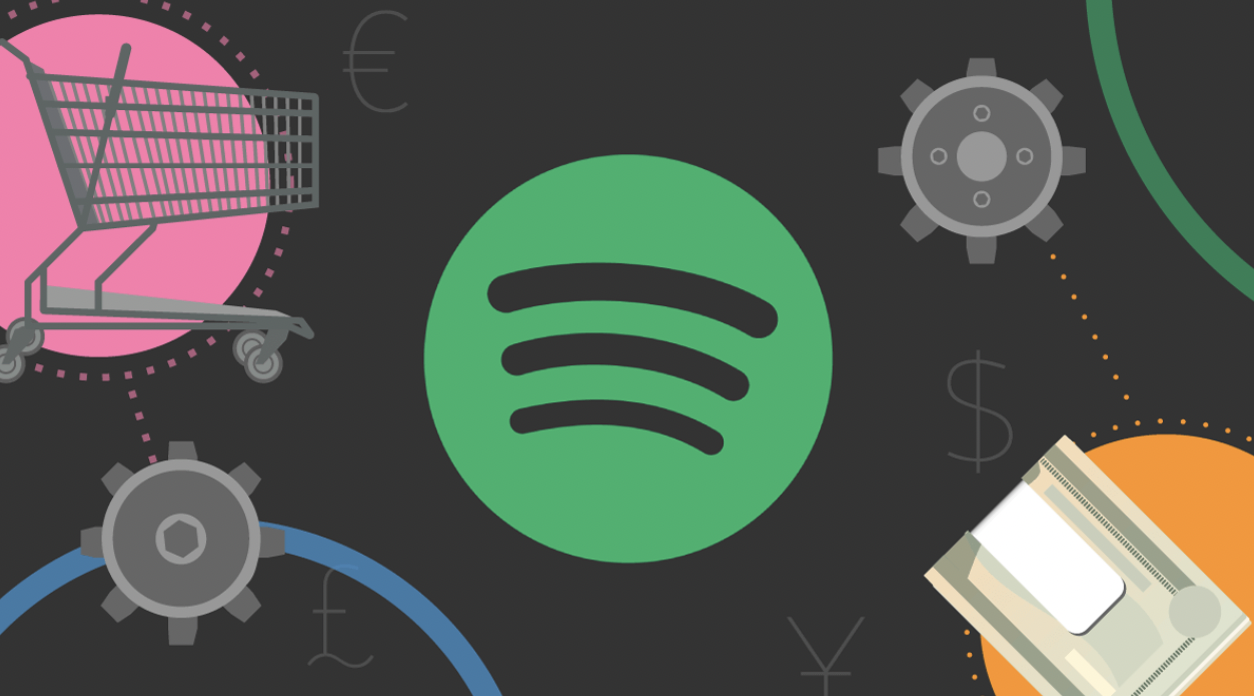Spotify Have Their Revamped Payment Model Analysed

A new report has been put together analysing Spotify and their restructured payment model. The report delves into the legal and contractual intricacies, scrutinising who stands to benefit and lose the most, providing a comprehensive understanding of the streaming platform’s compensation changes in 2024.
Throughout 2023, discussions around Spotify’s revamped payment model were abundant, yet a detailed, data-driven exploration of its probable impact on labels, DIY distributors, and artists was conspicuously absent. Now though the first major analysis has been carried out.
The data suggests that Spotify’s new system will leave DIY distributors with significantly more “ineligible streams” than major labels like Universal Music Group, Warner Music Group, and Sony Music Entertainment. This is attributed to the fact that emerging artists receive fewer streams than major label acts, often struggling to surpass Spotify’s 1,000-stream annual threshold.
Entities working with DIY, developing, and independent artists, such as Distrokid, Tunecore, CD Baby, and others, represent a higher percentage of sound recordings streamed less than 1,000 times in the previous twelve months, marking Spotify’s new threshold for royalty payments.
The top-level shift indicates that royalties previously earned from sub-1,000 recordings will be redirected from smaller artists to those exceeding the 1,000-stream threshold. Projections suggest that a significant portion of Distrokid’s total streams, up to one-fifth, will not receive royalties under the new plan. CD Baby and Distrokid may face even higher ineligibility rates, with 25 percent or more of their total streams becoming ineligible for payment.
Over time, this redirection of money from developing artists to major music companies could be substantial. For example, assuming 20% of Tunecore’s royalties were earned from recordings streamed less than 1,000 times on Spotify, up to $600 million could vanish from Tunecore artists’ earnings under the new Spotify model.
While the broader analysis explores various figures, the key takeaway is that the mentioned distributors are projected to receive a cumulative 4.5% less than their 2023 earnings. In contrast, major labels like Universal Music Group (UMG) are poised to grow their revenue share by approximately the same percentage by redirecting funds from DIY artists affiliated with Distrokid, Tunecore, and CD Baby.
UMG is expected to enjoy a 2.4% revenue-share increase each month, compared to 1.4% for Sony Music Entertainment (SME) and 0.6% for Warner Music Group (WMG). This translates to a monthly shift of around $4 million, potentially amounting to close to $50 million annually.
In essence, under Spotify’s new royalty structure, the DIY sector faces significant erosion in market share and revenue gains, with major labels counteracting potential market share losses. The numbers indicate that 2024 might mark the beginning of a broader revenue transfer away from developing artists, smaller labels, and DIY distributors, signaling a substantial shift in the streaming landscape.
Check out the report here.



